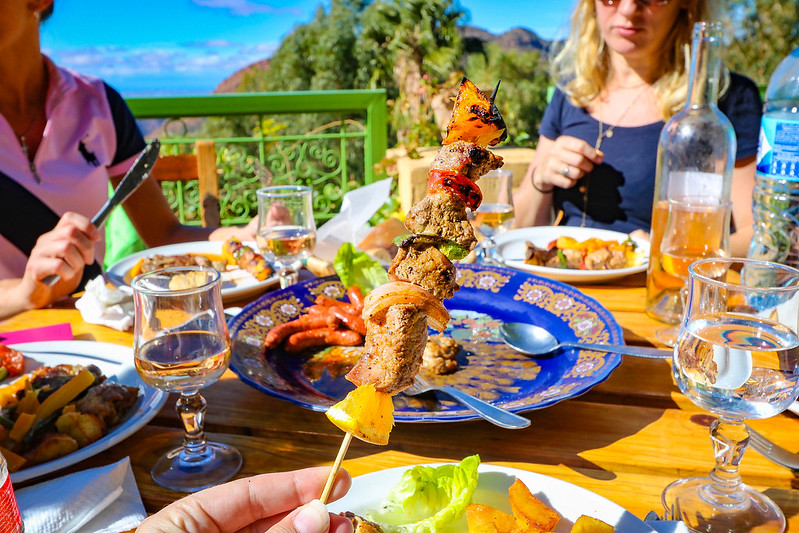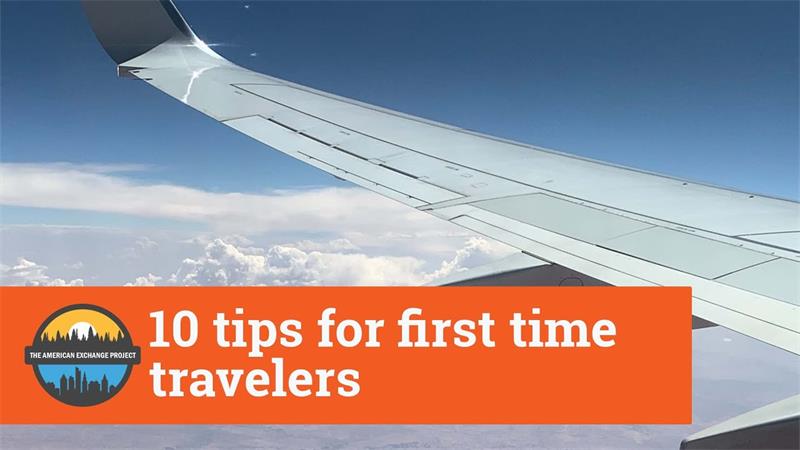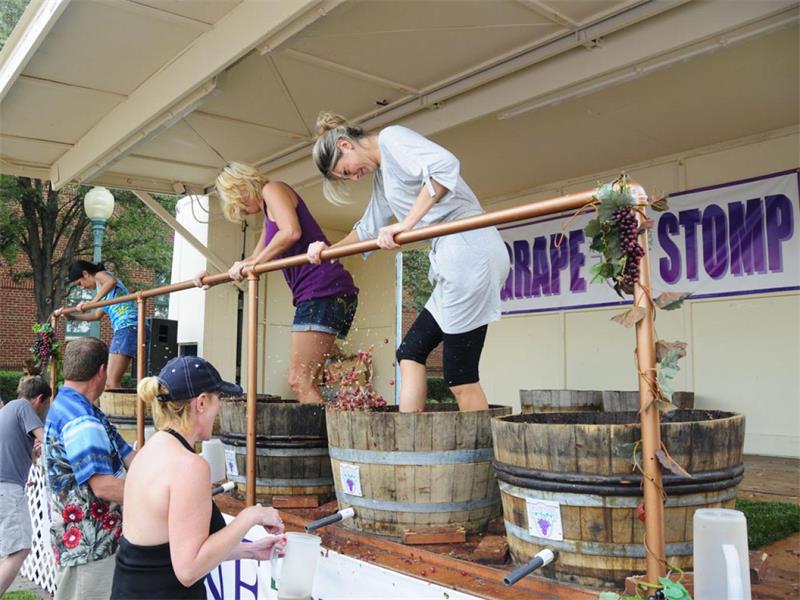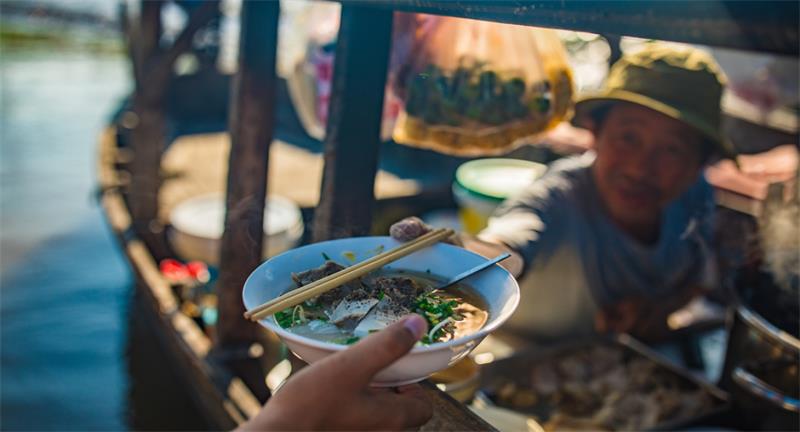Contents
- 1 The Importance of Staying Healthy While Traveling
- 2 Common Health Challenges Faced by Travelers
- 3 Before You Go
- 4 Eating Healthy on the Road
- 5 Getting Enough Rest While Traveling
- 6 Protecting Yourself from Illnesses While Traveling
- 7 Conclusion
The Importance of Staying Healthy While Traveling
Traveling is one of life’s greatest pleasures. Exploring new places, meeting new people, and experiencing different cultures can be an enriching and rewarding experience.
However, it can also take a toll on our health. Long flights, time zone changes, unfamiliar food and water sources, and exposure to new germs and viruses can leave even the healthiest traveler feeling tired and run down.
In order to fully enjoy your trip, it’s important to prioritize your health while traveling. Not only will this help you avoid common travel-related illnesses like food poisoning or jet lag, but it will also ensure that you have the energy and stamina needed to make the most out of your vacation.
Common Health Challenges Faced by Travelers
When traveling abroad or even domestically, there are several health challenges that many travelers face. One of the most common is traveler’s diarrhea which is caused by consuming contaminated food or water.
This can lead to dehydration and other more serious complications if left untreated. Jet lag is another common issue faced by travelers who cross multiple time zones in a short amount of time.
Symptoms include fatigue, insomnia, difficulty concentrating and irritability. Many travelers also struggle with getting enough exercise while on vacation.
Whether due to lack of time or unfamiliar surroundings that discourage outdoor activity or active exploration – it can be tough for some people stay active while on vacation. By being aware of these health challenges before you go on your next trip – you’ll be better equipped to plan ahead in order to mitigate these risks as much as possible during your travels.
Before You Go
Research Your Destination and Its Health Risks
One of the most important things you can do before traveling is to research your destination and its health risks. This includes things like checking for any disease outbreaks or health advisories, as well as finding out what vaccinations may be required.
The Centers for Disease Control and Prevention (CDC) website is a great resource for this kind of information. In addition to checking the CDC website, you may also want to talk to your doctor about any specific health concerns you have related to your destination.
Get Vaccinated If Necessary
Once you have researched your destination, it’s time to make sure you are up-to-date on any necessary vaccinations. Depending on where you are traveling, there may be required vaccinations such as yellow fever or polio.
Even if there are no required vaccinations, there may be recommended ones based on the region’s risk factors. Make sure to schedule an appointment with your doctor at least a few weeks before your trip so that any recommended vaccines have time to take effect.
Pack a First Aid Kit with Essential Medications and Supplies
No matter where you’re going or how healthy you are, it’s always a good idea to pack a first aid kit with essential medications and supplies. This should include items such as pain relief medication, allergy medication, antacids, anti-diarrheal medication, band-aids, antiseptic wipes or solution, sunscreen and insect repellent , among others.. You never know when something unexpected might happen while traveling – from a minor cut or headache to stomach issues- so being prepared with the necessary supplies can mean the difference between enjoying your trip and having it ruined by illness or injury. Remember that staying healthy while traveling begins long before you board your flight.
By researching your destination ahead of time and taking the necessary precautions, you can greatly reduce your risk of getting sick or injured while on vacation. So be proactive and prepare for any possible health challenges before you go!
Eating Healthy on the Road
Choose healthy snacks and meals while on the go
One of the biggest challenges of traveling is finding healthy food options. It can be tempting to just grab a burger or pizza when you’re in a hurry, but these foods are often high in calories, saturated fat and sodium. Instead, try to choose healthier options like salads, grilled chicken, fish or vegetarian dishes.
When ordering at restaurants, ask for dressings and sauces on the side so you can control how much you use. When it comes to snacks, avoid packaged foods that are high in sugar or salt.
Opt for fresh fruits and vegetables instead. You could also pack some nuts or seeds for an easy snack that will keep you feeling full between meals.
Avoid fast food and processed foods
Fast food may seem like a convenient option when you’re traveling, but it’s usually not very healthy. Most fast food is high in calories, unhealthy fats and sodium.
Processed foods like chips and candy bars should also be avoided as they are usually high in sugar and don’t provide much nutritional value. If you’re really craving something sweet or salty, try to find healthier alternatives like air-popped popcorn or dark chocolate with at least 70% cocoa content.
Stay hydrated by drinking plenty of water
It’s important to stay hydrated when traveling as dehydration can cause fatigue, headaches and even stomach problems. Always carry a water bottle with you so you can easily refill it throughout the day.
If you find plain water boring, try adding some lemon or cucumber slices for flavor. If you prefer something bubbly, opt for sparkling water instead of soda which is packed with sugar.
In addition to water, herbal tea is another great option for staying hydrated while also providing health benefits like reducing inflammation and aiding digestion. Just make sure to avoid adding sugar or cream to your tea.
Staying Active While Traveling
Finding ways to incorporate physical activity into your itinerary
When you’re on vacation, it can be easy to slip into the mindset that you don’t have time for exercise. But staying active while traveling is just as important as it is at home.
One way to incorporate physical activity into your itinerary is by choosing activities that involve movement, such as visiting a local market or exploring a new city on foot. Another option is to plan ahead and book activities that require physical exertion, such as hiking or surfing.
Taking advantage of hotel gyms or fitness centers
Many hotels offer gyms or fitness centers that are free for guests to use. If your hotel has one, take advantage of it! Even if you only have a few minutes to spare each day, doing a quick workout can help you feel more energized and less sluggish.
If your hotel doesn’t have a gym, consider doing some simple exercises in your room. You can do squats, lunges, push-ups, and other bodyweight exercises without any equipment.
Exploring your destination on foot or by bike
One of the best ways to stay active while traveling is by exploring your destination on foot or by bike. Walking or biking allows you to really soak in the sights and sounds of a new place while also getting some exercise in. Plus, it’s often cheaper than taking taxis or public transportation!
If you’re exploring a city on foot, wear comfortable shoes and bring along a map so you don’t get lost. If you’re renting bikes, make sure they’re in good condition before setting off on your adventure.
Overall, staying active while traveling doesn’t have to be difficult or time-consuming. By incorporating physical activity into your itinerary and taking advantage of opportunities like hotel gyms and local bike rentals, you can keep your body healthy and energized while exploring new places.
Getting Enough Rest While Traveling
Plan for adequate sleep time in your itinerary
One of the biggest challenges when traveling is getting enough rest. Whether you’re dealing with jet lag, noisy hotel rooms, or uncomfortable sleeping arrangements, it can be tough to get the sleep you need. But planning ahead can help.
When putting together your itinerary, make sure to include plenty of time for rest and relaxation. This might mean scheduling in a nap or two during the day, or making sure to get to bed early each night.
Bring earplugs, eye masks, or other items to help you sleep better in unfamiliar environments
When you’re staying in a new place, it can be tough to fall asleep – especially if you’re not used to the sounds and sights of that particular location. But packing a few key items can help you get a good night’s sleep no matter where you are. Earplugs are great for blocking out noise from other hotel guests or street traffic outside.
Eye masks can help block out light from outside as well as any lights inside your room that might be keeping you up. Other things that might help include white noise machines (which can create a calming background sound), lavender essential oil (which has been shown to promote relaxation), and even comfortable pajamas or bedding that remind you of home.
Take advantage of downtime during travel days
Don’t forget that travel days themselves can be great opportunities for rest and relaxation too. If you’re taking a long flight or train ride, make sure to pack some comfortable clothes and pillows so that you can get cozy and catch up on some much-needed sleep during the journey. Alternatively, use this time to read a book or listen to soothing music – whatever helps you relax best.
By planning ahead and packing smartly for your trip, you can help ensure that you get the rest and relaxation you need to stay healthy while on the road. So don’t forget to prioritize your sleep time when putting together your itinerary, and don’t be afraid to bring along a few comfort items to help you get a good night’s sleep no matter where your travels take you.
Protecting Yourself from Illnesses While Traveling
Wash your hands frequently to avoid germs
Dirty hands are one of the easiest ways to spread germs and bacteria, which can make you sick. When traveling, it’s important to wash your hands frequently, especially before eating or touching your face. Use soap and warm water whenever possible and scrub your hands for at least 20 seconds.
If you’re in a situation where soap and water are not available, use a hand sanitizer that contains at least 60% alcohol. Don’t forget to clean the outside of your hand luggage too as it touched various surfaces while in transit.
Use hand sanitizer when soap and water are not available
When you’re on the go, it’s not always possible to find a sink with soap and water. In these situations, use a hand sanitizer that contains at least 60% alcohol.
Squirt enough sanitizer into the palm of your hand to cover all surfaces of both hands, then rub them together until they feel dry. Hand sanitizers are especially useful when you’re traveling by plane or train since many people share close quarters in these modes of transportation.
Consider wearing a face mask in crowded areas
A face mask is an effective way to protect yourself from airborne illnesses such as flu or cold viruses when you’re in crowded spaces like airports or bus stations. Wearing a mask significantly reduces the amount of droplets expelled from an infected person’s nose/mouth when they cough or sneeze which provides added protection for those around them too. There are different types of masks available such as disposable surgical masks; cloth masks; N95 respirators (recommended by CDC); etc., each offers varying levels of protection and should be used according to their intended purpose.
By taking simple precautions like washing your hands frequently, using hand sanitizer, and wearing a face mask in crowded areas, you can significantly reduce your risk of getting sick while traveling. It’s worth the effort to protect yourself and enjoy your trip to the fullest!
Conclusion
Recap the Importance of Staying Healthy While Traveling
Staying healthy while traveling is crucial for enjoying your trip to the fullest. Not only can getting sick ruin your vacation, but it can also be costly.
Taking simple steps like eating well, staying active, and getting proper rest can go a long way in keeping you healthy on your trip. Additionally, minimizing exposure to germs and illnesses by frequently washing hands and using hand sanitizer can help prevent sickness.
Encourage Readers to Take Steps to Protect Their Health During Their Next Trip
While travel comes with its own set of challenges for staying healthy, it doesn’t have to be a daunting task. With proper planning and preparation, you can take steps to ensure that you stay healthy on your next adventure. Researching your destination beforehand and packing a first aid kit are easy ways to get started.
Making conscious choices about what you eat, how much exercise you get, and how well-rested you are will also contribute greatly to maintaining good health while traveling. Remember that taking care of yourself is essential not just for a successful trip but for overall wellness as well.
So next time you plan a trip, don’t forget about taking care of yourself while on the go! With these tips in mind, enjoy every moment of your journey while staying happy and healthy throughout the duration of it all!













